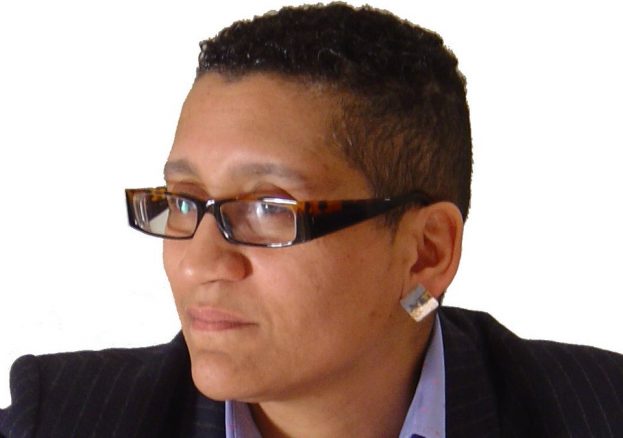
What is clear is that all people were agreed that last year was the 30th Anniversary of the event in the UK. Which means that the first event was in 1987 and that the GLC was abolished one year earlier and the successor body of the cutting-edge part of the GLC was called the London Strategic Police Unit. I was the Chair of that body which authorised Black History month in October that year and which many Labour Controlled Councils took up in the following years.
In my view it does not really mater whose idea it was (but it was not mine) what does matter is was is seeks to achieve each year. A large number of dubious event have taken place in the name of BHM by well-meaning but ignorant teachers who have allowed isolated Black children to be bullied and abused because they are Black. But mainly there have been some excellent celebrations of our history in the UK over the last Three to Four Hundred years.
What there is not is an acceptance of the positive contribution of Black men and women to British society and worse still any acceptance of that contribution and if occasionally names of Sportsmen and women or musicians are mentioned they tend not to be written into the history of Britain and are soon forgotten.
I wish to urge that we revisit the word Black and make it the political word it meant back in the 1980’s when it those of us working in solidarity with each other- both Africa (including Caribbean) and Asian peoples so that a racist Britain could be play the the usual game of ‘Divide and rule’. Otherwise I wish to see those of us of African heritage identify ourselves as African thereby referring to a place or places with history and heritage.
Black History Month or African History Month should have a small committee to decide the theme for each year, and the allocation of small grants throughout the UK. Governments within the UK could provide modest but realistic funding for the Committee to allocate and oversee. But what is more important than bureaucracy and accountability is the reflections of the positive contribution Black peoples have made in the development of Britain.
I used to think that it was sufficient to have created a programme or exhibition of Black people who have achieved something significant within their field, but unless those people are White and Upper Class they are likely to be written out of history until they and their peers are long dead so that the story what is told may be slanted or manipulated. Now as I look back on the history of Black history month I see a similar pattern evolving to that which I say when looking at Womens’ history in the UK. That is a history largely of the doings of Upper middle-class White women, and now even that that generation are all dead.
Who will collect the recordings and manuscripts of the Pastors, Trades Unionists, Community activists of the last 70 years and make sense of the contents in terms of their social class as well as the colour and their fights for justice and equality? These are my thoughts when I consider who much our younger generation do not know. But as I speak to others like me nearing or in their 70’s and 80’s I am heartened that our grandchildren have a sense of history and will, I hope, be proud to be Black.
